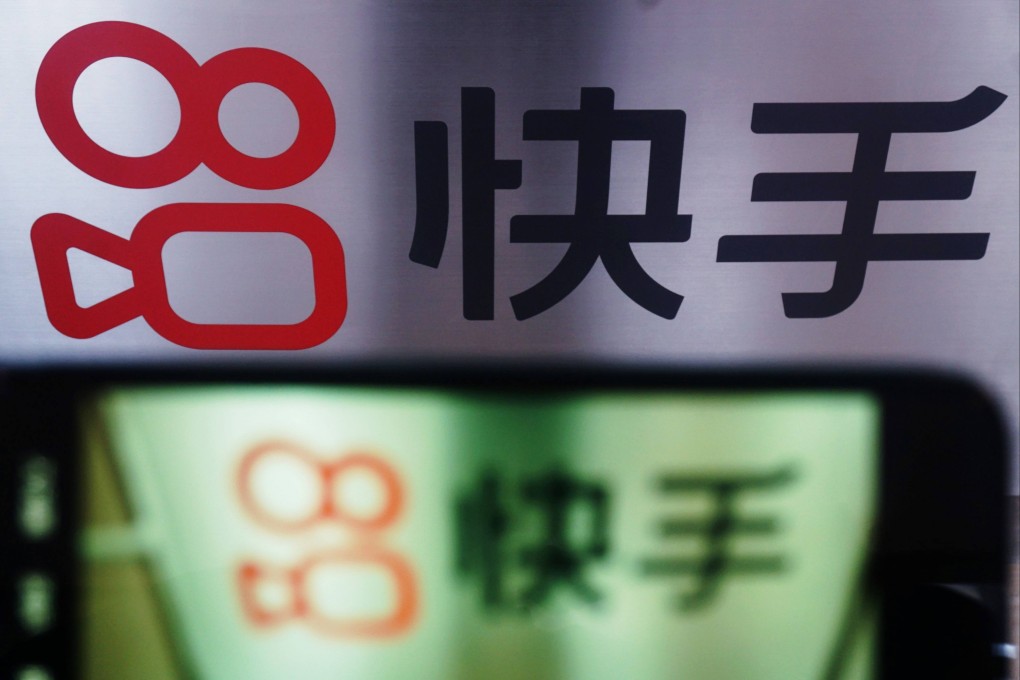Kuaishou revenue rises 33 per cent in third quarter amid Beijing’s tech crackdown, competition with ByteDance
- Kuaishou revenue reached US$3.2 billion, beating estimates as the company contends with tightened regulations and stiff competition
- The short video platform became one of the worst-performing tech stocks this year amid Beijing’s crackdowns on Big Tech companies and internet content

Net losses shrank 76 per cent to 7.1 billion yuan, coming in even lower than the 8.6 billion yuan in losses estimated by analysts. Losses were in line with the 7 billion yuan the company lost in the second quarter.
“We are determined to reduce costs and enhance efficiency, and we started to take actions in the third quarter,” Kuaishou chief executive Cheng Yixiao said during an earnings call with analysts.
The Beijing-based company reported an average of 320.4 million daily active users (DAU) on its main platform, 18 per cent more than the 271.7 million users it had a year ago.
Cheng said that Kuaishou is expecting “to lower the maintenance cost per DAU by enhancing advertising efficiency, improving retention rates, as well as refining operational management”.
“Our sales and marketing expenses as a percentage of total revenues is also expected to decrease as our revenue per DAU increases. This is one of our key goals in next year’s business plan,” he said.